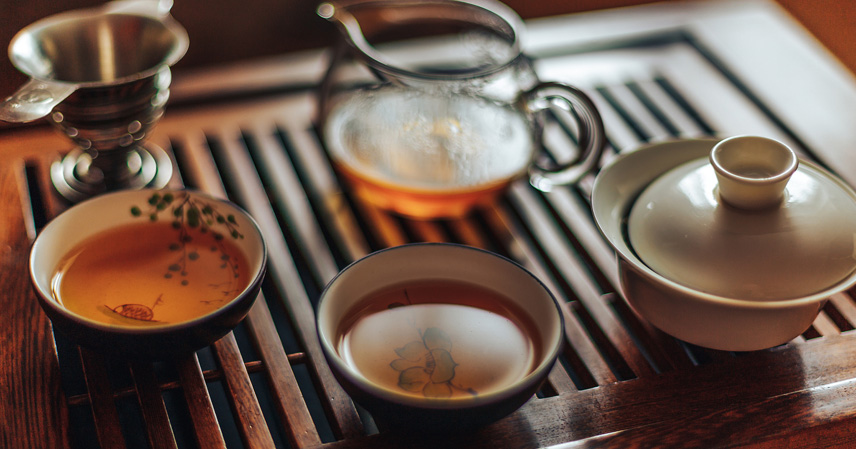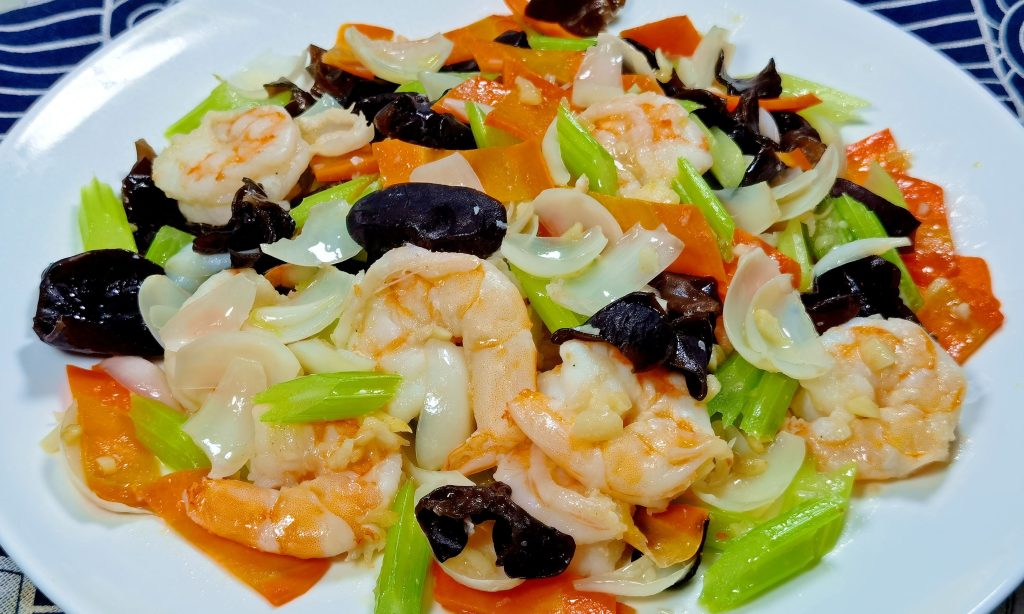As we age, prioritizing well-being becomes key—especially post-68, when bodily functions often slow. Recent studies highlight tea benefits for seniors, positioning this simple ritual as a potent ally for digestion, mood, and heart health. Far beyond a casual sip, moderate tea intake may unlock unexpected perks, enhancing golden years.
Enhancing Digestion: A Gentle Gut Boost
Age-related dips in gut motility plague many seniors with bloating, constipation, or discomfort—issues that erode daily joy and risk deeper woes if unchecked. Enter tea: green, oolong, or pu’er varieties shine here, thanks to polyphenols, caffeine, and amino acids that spur gastric juices and nutrient uptake.
Green tea’s catechins, for instance, neutralize free radicals to ease oxidative gut stress, while caffeine nudges peristalsis for smoother bowels. Pu’er aids fat breakdown, curbing obesity-linked indigestion. For bloating, tea’s mild fizz expulsion brings relief. Overall, 2-3 cups daily could foster lighter, more vibrant routines—ideal for those navigating age’s digestive hurdles.

Lifting Spirits: Tea’s Calming Edge on Mood
Retirement voids, shifting dynamics, or health niggles often stir anxiety or blues in seniors, snowballing into cognitive fog or isolation. Tea counters this via L-theanine and polyphenols, which soothe neural pathways for relaxation without sedation.
L-theanine ramps up GABA for mellow focus, dialing down tension—why post-sip calm feels so natural. Paired with tea’s subtle caffeine lift, it sharpens alertness sans jitters, unlike coffee’s edge. For lonely elders, tea-time chats amplify social sparks, buffering decline. Studies affirm: regular intake eases psychiatric strains, fostering brighter outlooks.
Shielding the Heart: Antioxidant Armor for Vessels
Cardiovascular vulnerabilities mount after 68—stiff arteries, lipid spikes, hypertension signaling trouble. Tea’s polyphenols, especially in green and oolong, fortify defenses via oxidation curbs, preserving vessel flexibility.
Catechins slash LDL buildup and free radical damage, slowing plaque and stroke odds. Daily habits correlate with 22-33% lower CVD risks, per cohorts—vital for at-risk seniors. It’s subtle insurance: brew up, and unknowingly bolster that vital pump.

Post-68, tea’s trio—gut ease, mood lift, heart guard—harnesses nature’s toolkit against decline. Polyphenols and kin sustain vitality, sans side effects. Yet moderation reigns: 2-3 cups daily avoids caffeine pitfalls like insomnia; consult docs for gastric or renal tweaks.
As a low-key tonic, tea elevates routines, weaving wellness into sips. For seniors, it’s more than refreshment—it’s a bridge to fuller days.
References
- PMC: Effects of L-Theanine on Cognitive Function in Middle-Aged and Older Adults (2021)
- PMC: The Effects of L-Theanine Supplementation on Psychiatric Symptoms (2024)
- ScienceDirect: L-Theanine: From Tea Leaf to Trending Supplement (2024)
- PMC: From a Cup of Tea to Cardiovascular Care (2024)
- PMC: The Role of Tea in Managing Cardiovascular Risk Factors (2025)
- Ku Cha Tea: Tea for Digestion—A 2025 Guide (2025)
- Verywell Health: What Happens to Your Gut When You Drink Herbal Tea Every Day (2025)



